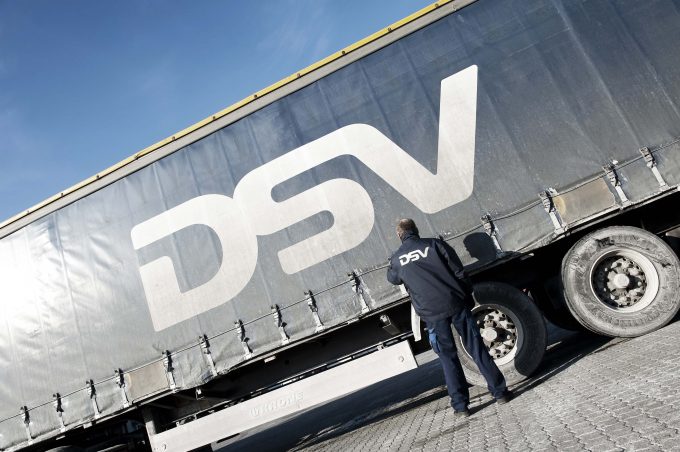Heavenly DSV (with one caveat): the forwarding trifecta of success
Schenker synergies – more to come

It’s big news that will shock no one. Some two years after DSV leapt into the list of forwarding superstars with its bold acquisition of Panalpina, it is now adding some $4bn to annual revenues with the acquisition of Agility’s Global Integrated Logistics (GIL).
It’s a new twist in an old tale: you may remember March 2019 when Panalpina’s shareholders flirted with the “fantastical” idea of buying Agility, instead of being folded into DSV, helpfully raising the Danes’ price in the ...
Ecommerce air traffic to US set to grind to a halt as de minimis exemption ends
Maersk u-turn as port congestion increases across Northern Europe
Apple logistics chief Gal Dayan quits to join forwarding group
Widespread blanked sailings stave off major collapse of transpacific rates
Transpac rates hold firm as capacity is diverted to Asia-Europe lanes
Airlines slash freighter capacity post-de minimis, but 'the worst is yet to come'
Houthis tell Trump they will end attacks on Red Sea shipping
MSC revamps east-west network as alliance strategies on blanking vary
Maersk Air Cargo sees volumes fall as it aims for 'margin in favour of revenue'
India-Pakistan 'tit-for-tat' cargo ban sparks sudden supply chain shocks
Containership charter market feels the ripples from trade tensions
Gemini Cooperation carriers steam ahead of rivals in reliability stakes
Changing shipment origin won't wash: US CBP turns away whole truckloads
Expeditors reports healthy growth in a 'frenzied landscape of tariffs'
Tariff on imported products for drugs would be hard for US pharma to swallow
Atlas Air stays bullish on US change: 'we're flexible, we can fly to other markets'

Comment on this article